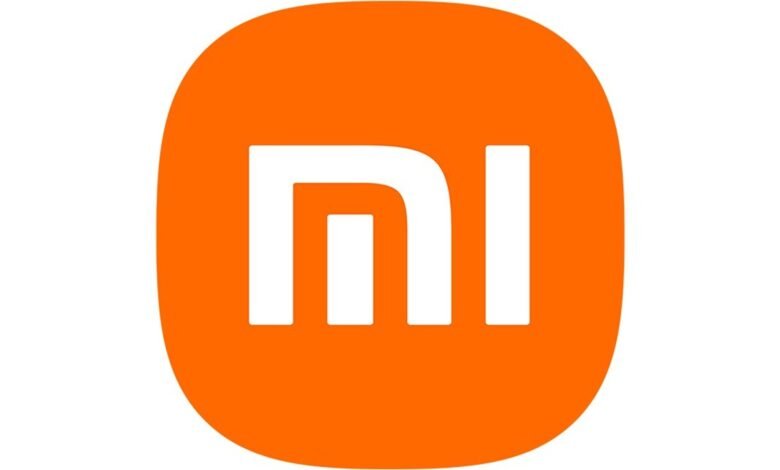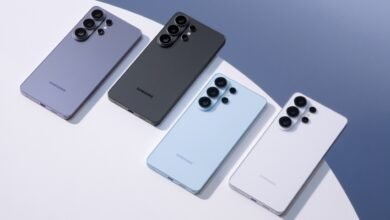
It looks like Xiaomi’s bold marketing stunts in India have finally ruffled the wrong feathers. Both Apple and Samsung, the two heavyweights that dominate India’s premium smartphone market, have slapped Xiaomi with legal notices for ads that directly mocked their flagship devices.
In March and April this year, Xiaomi went all out with full-page newspaper ads that cheekily questioned whether Apple’s iPhone 16 Pro Max and iPad Pro were truly the “best.” The Chinese brand pitted its own cheaper tablets and flagship phones against Apple’s prized gadgets, daring consumers to think twice before spending top dollar on the Cupertino giant’s latest toys.
Samsung wasn’t spared either. On social media, Xiaomi set its sights on the Galaxy A series, throwing shade at its Korean rival’s mid-range lineup. The attack even spilled over to televisions, with Xiaomi boldly comparing its LED TVs to Samsung’s, claiming better tech for similar prices.
That was a step too far. Both Apple and Samsung hit back with cease-and-desist notices, accusing Xiaomi of damaging their brand value with what experts call “ambush marketing.”
This dust-up comes at a time when brand image is more fiercely guarded than ever. As business strategist Harish Bijoor put it, companies today are hypersensitive to how their brands are perceived. Once you start hitting directly at rivals, expect retaliation.
And retaliation here is justified, at least from a market power perspective. According to IDC, Apple and Samsung together hold about 95% of India’s premium smartphone market (phones priced above ₹50,000 / $500). Xiaomi, despite being a dominant player in budget and mid-range segments, controls less than 1% of that lucrative high-end space.
But in the TV market, things are a bit different. Xiaomi stands as a serious challenger to Samsung and LG, which explains why its cheeky ads targeting Samsung’s televisions may have stung even more.
So far, Apple and Samsung have stopped short of dragging Xiaomi to court, sticking with cease-and-desist warnings. But experts warn that if this brand joust escalates, the next step could involve compensation claims for “brand value erosion.” That would, of course, mean a long-drawn legal battle. Xiaomi, for its part, has stayed mum on the matter. Apple and Samsung have also declined to comment, though the silence probably says more than words.
A Familiar Playbook
If you’ve followed Xiaomi over the years, this shouldn’t come as a surprise. The company has often thrived on edgy, in-your-face marketing. Direct comparisons with competitors aren’t new. But the stakes are higher in India’s premium segment, where Apple and Samsung sit comfortably at the top. However, Xiaomi isn’t the only one aiming digs at their competitors with ads. Samsung and Apple do it all the time, and so do the likes of HONOR.
Whether Xiaomi tones down its ads or continues playing the provocateur remains to be seen. For now, what’s clear is this: in India’s cutthroat gadget wars, the fight is no longer just about specs and prices. It’s about pride, perception, and the power of a brand’s story.





